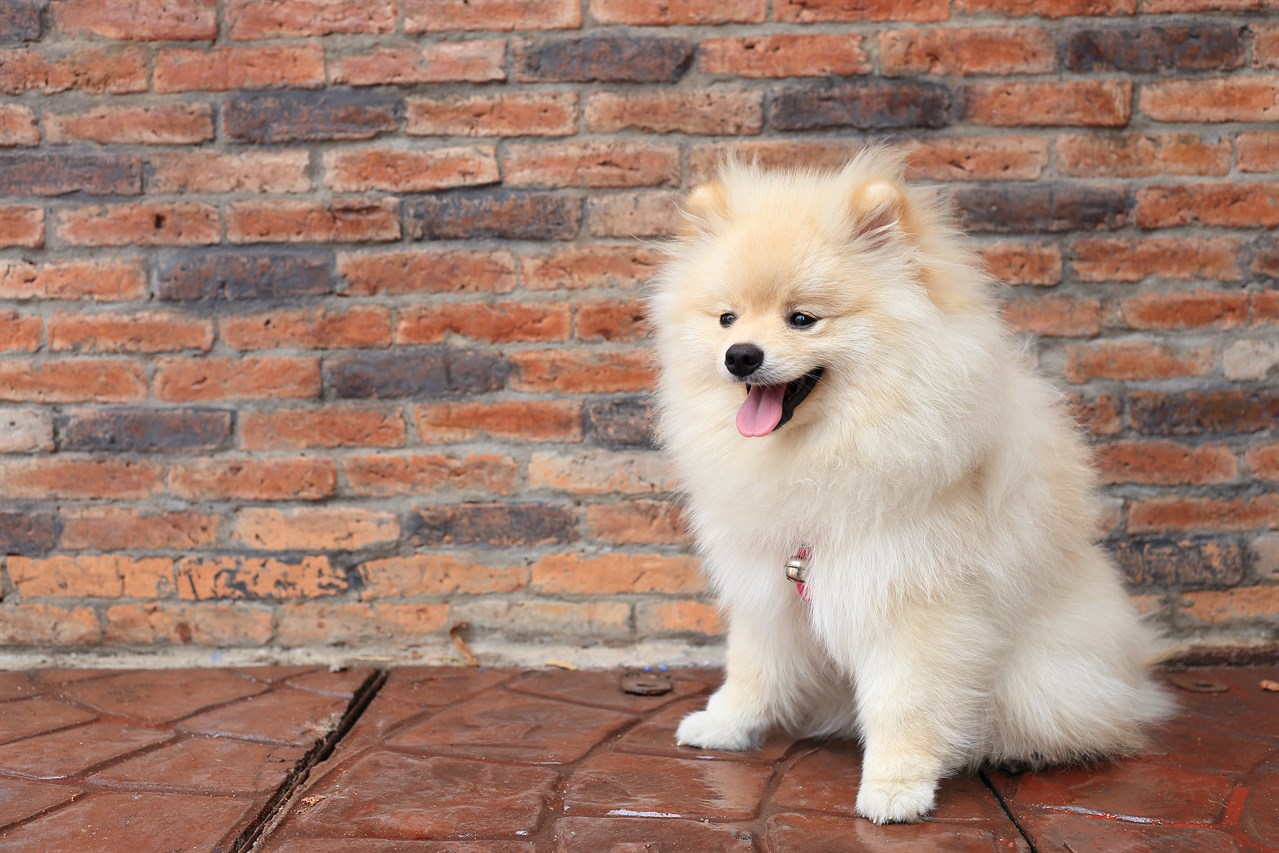Pomeranian Barking Habits: Understanding and Managing

Pomeranians are known for their lively and vocal nature, which includes a penchant for barking. While their barking can be charming and even helpful at times, it can also become excessive if not properly managed. Let's delve into the barking habits of Pomeranians and explore how to address and control their vocal tendencies.
Does Pomeranian Bark a Lot?
Yes, Pomeranians are generally considered a breed that barks a lot. Their alert and watchful nature, coupled with their social disposition, often lead them to vocalise in response to various stimuli. Pomeranians may bark when they are excited, happy, anxious, or when they want attention. This breed's vocal nature can be both an asset and a challenge, depending on the circumstances.
Do Pomeranians Bark a Lot?
Pomeranians do have a propensity for barking, and their barking tendencies can vary from one individual to another. Some Pomeranians may be quieter and more reserved, while others can be quite vocal. Factors such as socialisation, training, and the dog's environment can influence their barking habits.
How to Get Your Pomeranian to Stop Barking When Left Alone
Excessive barking when left alone, often referred to as separation anxiety, is a common issue in Pomeranians and many other breeds. Addressing this behaviour requires patience and a systematic approach. Here are some tips to help reduce your Pomeranian's barking when left alone:
- Gradual Departures and Returns: Practise short departures and returns to help your Pomeranian become accustomed to your absence. Start with brief intervals and gradually increase the time you are away.
- Create a Safe Space: Provide a comfortable and secure area for your Pomeranian when you're not home. A crate or a small, puppy-proofed room with toys and bedding can help them feel safe.
- Desensitise Departure Cues: Make your departure cues (e.g., picking up keys, putting on shoes) less anxiety-inducing by doing these activities without actually leaving. This helps your Pomeranian learn that these cues don't always lead to your absence.
- Counterconditioning: Counterconditioning involves changing your Pomeranian's emotional response to your departures. Give them a special treat or toy that they only receive when you leave. This creates a positive association with your departures.
- Exercise and Mental Stimulation: Ensure your Pomeranian gets sufficient exercise and mental stimulation before you leave. A tired dog is less likely to bark out of boredom or frustration.
- Gradual Alone Time: Start by leaving your Pomeranian alone for very short periods and gradually increase the duration. This helps build their confidence and reduces anxiety.
- Training and Behaviour Modification: Enrol in obedience training classes to work on commands like "quiet" and "stay." Seek professional help from a dog trainer or behaviourist if your Pomeranian's barking persists despite your efforts.
- Consult Your Vet: If your Pomeranian's barking is excessive and seems to be related to anxiety or fear, consult with your veterinarian. They can help rule out any underlying health issues and may recommend medication or additional behavioural support.
In conclusion, while Pomeranians are known for their barking tendencies, it's possible to manage and reduce excessive barking through training, positive reinforcement, and gradual desensitisation. Be patient and consistent in your efforts to help your Pomeranian become a quieter and more comfortable companion, especially when left alone.
Pomeranian puppies for sale
- Find Pomeranian puppies for sale in ACT
- Find Pomeranian puppies for sale in NSW
- Find Pomeranian puppies for sale in NT
- Find Pomeranian puppies for sale in QLD
- Find Pomeranian puppies for sale in SA
- Find Pomeranian puppies for sale in TAS
- Find Pomeranian puppies for sale in VIC
- Find Pomeranian puppies for sale in WA